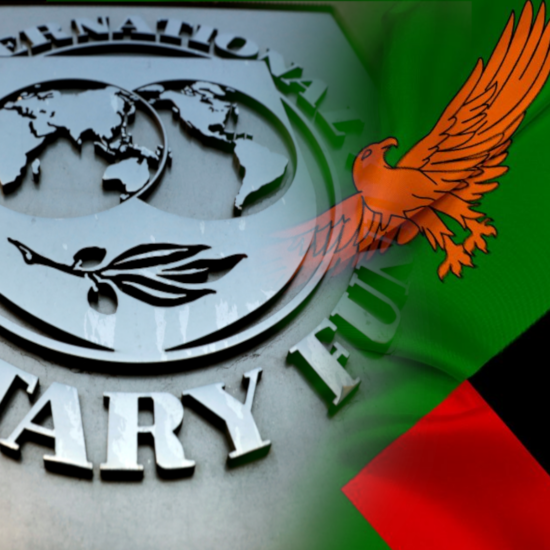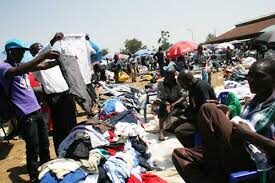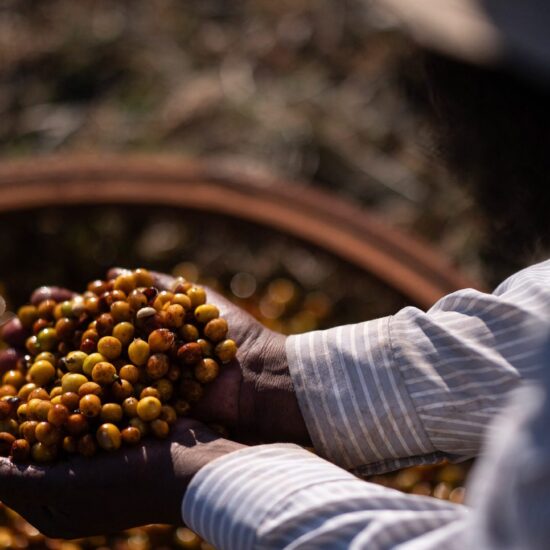
Economist Trevor Hambayi says the kwacha’s instability has resulted in the prices of goods and commodities remaining the same despite the downward trend in annual inflation, which currently sits at 14.2% for the month of February 2022.
Hambayi said the prices of goods and commodities should have been going down with the decline in inflation but that has not happened because of failing to achieve currency stability, which makes it difficult to project where the exchange rate will sit in the coming six months.
Speaking in an interview with the Zambian Business Times-ZBT, Hambayi said the uncertainty surrounding the country’s debt repayment has also contributed to the kwacha’s instability and until there is certainty in terms of how the country will address the debt repayment, prices of commodities will remain the same.
He said, “Unfortunately, we don’t know how we are going to deal with the debt repayment. Until we get the board approval from the IMF for the staff level agreement that we had and we have got stability as to how we are going to be repaying our debt, that is when we expect to see a drop in the prices of goods”.
Hambayi added that knowing where the resources to use for debt repayment are going to be coming from would create a stability in terms of where the exchange rate will sit and that in turn will result in the decline of prices of commodities.
The Financial Analyst however explained that one of the factors driving the downward trend of inflation has been the stability in the exchange rate, which has been experienced the past few months adding that the kwacha has appreciated against the dollar and this has continued to be able to maintain the prices of goods and commodities.
“The kwacha has appreciated from where it was at K22 to a dollar, it has fluctuated between K22 and K15 but overall it has appreciated and secondly, we had an increase in the price of fuel but it was also reduced again and this has contributed to the fact that prices have been maintained”, he said.
Hambayi said the pressure on the exchange rate has been low because the country is not servicing its loan obligations and this has helped to maintain a degree of stability in terms of the kwacha appreciating.
“One of the key aspects we need to be able to get past is having to sort out our debt support with IMF which is going to help us be able to have a stability in the micro economic indicators around the exchange rate and this will help to continue to drop the inflation rate going forward”, he said.







